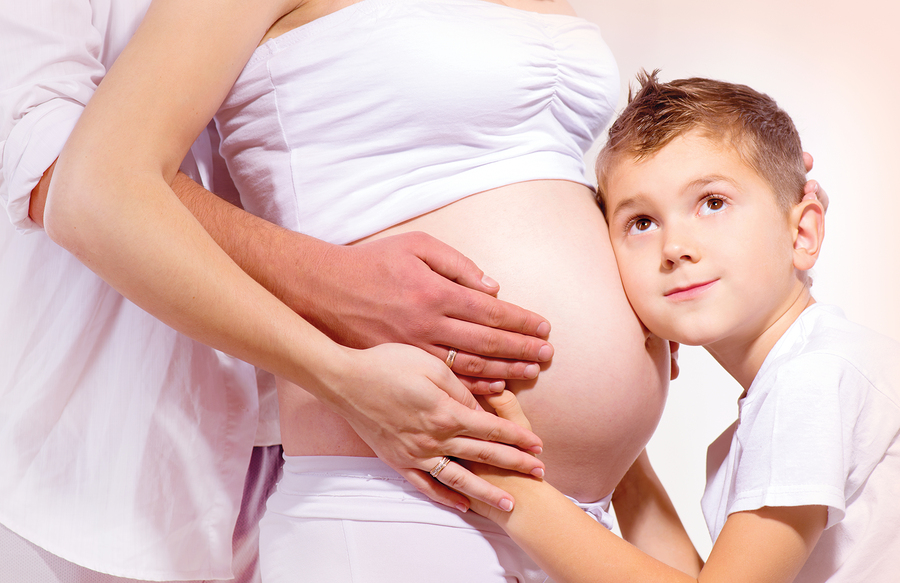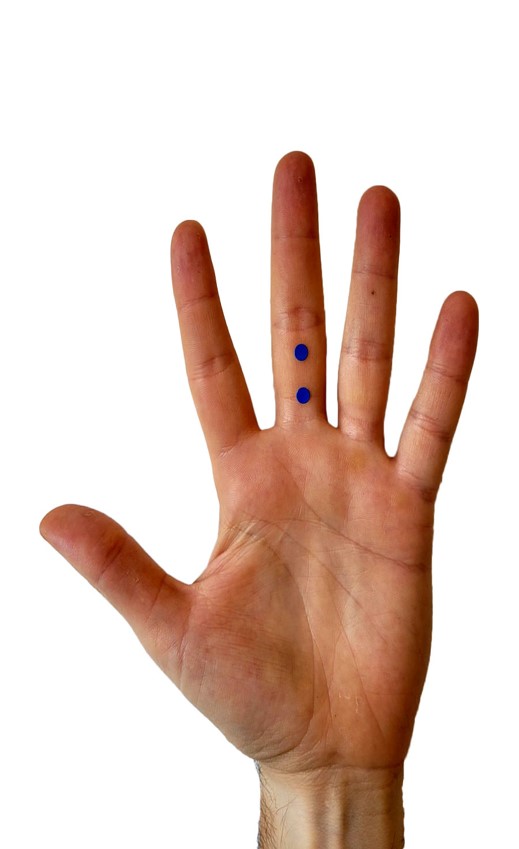
Sitting the month [做月子 zuò yuè zi] is a custom of Asian women to rest and recuperate their body and mind after giving birth, originated in China and practiced in many Asian countries including Taiwan. This custom’s literally means to do [做 zuò] a month [月 yuè] and a child [子 zi], however the word to sit in Chinese is pronounced the same [坐 zuò] which can imply that you need to sit about one month, therefore it is called sitting the month. This custom is also being practice in other areas besides east part of Asia, such as India and Latin American countries.
Sitting the month is defiantly a cultural custom originate from Chinese medicine thinking, which emphasize the importance of restoring women’s health after giving birth. There is a certain diet and herbal medicine that is suggested to each women in order to strength the blood and Qi (life force) in the body and restore the their functions. However, this custom can be somewhat controversial because the advice to take a month’s rest can be interpreted widely and ideas such as not to wash hair, take showers, brush teeth, use an air conditioner or leave the house are all a result of misinterpretation. Sitting the month is all about talking care of women’s recovery and restoring their health.
Here is a video about sitting the month:
I support sitting the month custom ! Resting after giving birth is incredibly important. Besides the women’s health which is the essential of this custom, this time is also very important for the family’s bonding. It is a focus period for the mother, new born baby and the entire family.
There are inconsistent results from studies about sitting the month. Positive findings showed that long recovery period improved a mother’s health-related quality of life and led to better bonding with her child. Negative findings showed that Chinese women who limited their physical activity for a month had negative impact on muscular and cardiovascular health and were more likely to suffer from postpartum depression. I assume that these contradictory results are coming from using this method in both extremes.
Here is a list of MUST things you need to do after your child birth:
- Rest: women need a lot of rest. The husband or other family members should help as much as possible by taking on the cooking and cleaning responsibilities at home. However, limited movement and exercise, like walk around the house and after two weeks outside the house is also very important.
- Diet: The first two weeks are important. That’s the time that moms are establishing their milk production and their feeding schedule. They need to drink a lot of fluids, preferably warm and eat a balanced diet of whole grains, vegetables and protein. The temperature of diet should be warm so preferable cooking methods are either steamed or boiled. Soups are very recommended. Fruits which has red color (barriers) in a room temperature and with small proportions are also recommended.
- Bonding: It is very important, both for the mother and the infant, to start right a way and establishment a close relationship in order to limit and to try to avoid postpartum depression. On the other hand, for first born babies and a fresh new mother, it is important to provide physical and metal support (Daddy, help plz) as much as possible, while establishing a bond. Therefore co-sleeping is very much suggested.
- To be grateful: You did it ! As a woman, to create life and give this life a way out by having birth is incredible and in a way, it’s kind of magic. Therefore, you should be so proud of your self. You are incredible, strong and powerful human being. Remember to appreciate all moments! the good and also the bad ones; The first smile, the breastfeeding moments and also the wake up times during the night. All of these movements are magical and are part of the full package of parenthood. Fell your heart with gratitude, to increase your positive mood.



